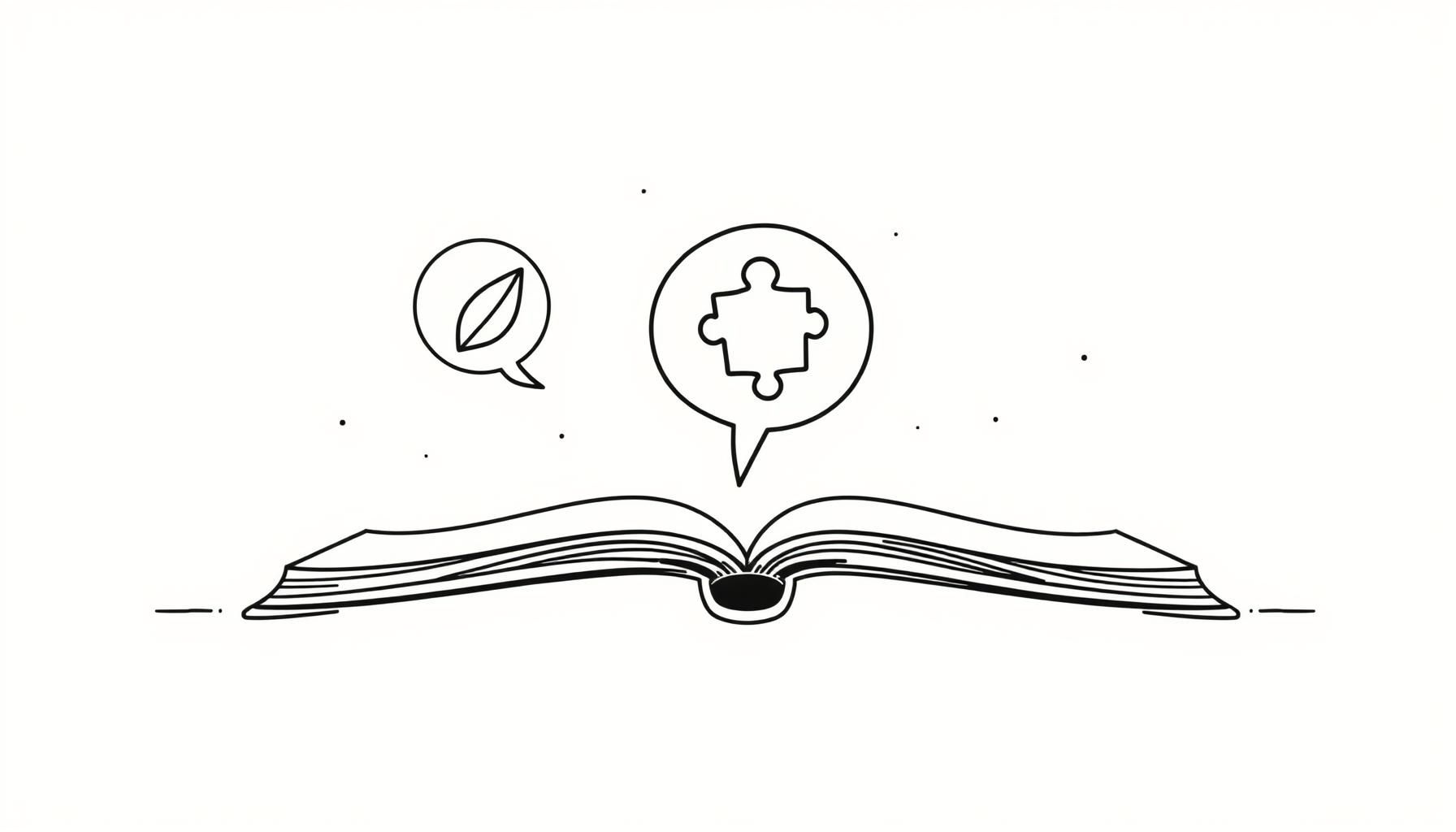
Walking under the clear August evening sky with my seven-year-old, I watched as she excitedly pointed at shapes in the clouds and spun stories about magical creatures who lived there. Which got me thinking… kids today still see the world with that same wide-eyed wonder we gave to spotting dinosaurs in the clouds. But now, they’re also growing up surrounded by AI. As parents debating artificial intelligence’s merits and pitfalls, how often do we pause to truly listen to what our kids think?
How Do Kids Perceive AI Differently From Adults?
Adults often view AI through extremes—either dreamy promises or scary predictions. Kids perceive it in a more practical, grounded way. According to recent research, many children have already formed surprisingly clear opinions about artificial intelligence. One student put it this way: “In most portrayals, AI would be the one doing jobs and making the world run, while humans would make art. But now it’s quite the opposite—people use AI to create things they don’t have patience for.”
My daughter notices this role reversal too. She’s amazed that AI can draw whatever she imagines but also wonders aloud why we’d let machines handle creative work. These kids both cheer for AI’s cool tricks AND insist we don’t forget how to think for ourselves. They’re not treating AI as some distant sci-fi thing—they’re living with it now, forming thoughtful opinions that challenge us to see the bigger picture.
What Creative Ways Are Kids Using AI Beyond Homework?
When we think of kids using AI, it’s easy to picture homework shortcuts. But children are finding far more creative uses. Studies show that 31% of young AI users make pictures or images, 16% create music or sounds, and 15% even experiment with writing code—all powered by artificial intelligence.
My daughter discovered an AI tool that turns her doodles into animated characters, sparking hours of storytelling and giggles. Her squeal of delight wasn’t just about technology—it was that spark we want to keep alive as screens enter their world. She’s not just consuming; she’s co-creating! Kids are blending imagination with AI in ways that open up whole new doors for expression. They’re active participants, stretching the tech to fit their stories, not the other way around.
How Can Parents Balance AI Use in Childhood Development?
Like many parents, I’ve seen kids worry about AI replacing honest effort in schools. One student admitted, “As someone who really likes to learn, I’m not a fan of AI, because I’ve seen kids use it to write essays for them.” That hits close to home—it echoes my belief that tech should complement, not replace, the messy, hands-on learning adventures that truly shape us.
Children’s voices reveal both excitement and caution. Research shows 64% of kids believe AI will help with future careers, yet plenty also worry it could dull problem-solving skills. These young voices aren’t asking us to shield them from AI. They’re asking us to guide them toward balance—letting them explore innovation while still getting their hands dirty with curiosity-driven play. And in doing so, we might just rediscover our own sense of wonder alongside them.
How Can We Prepare Kids for an AI-Driven Future?
Perhaps the most encouraging insight from listening to kids is their desire to learn more about AI itself. As one survey respondent said, “It would be nice for there to be more educational opportunities about it.” They’re not intimidated—they’re curious, eager to understand how it works.
At home, we set up small, safe experiments where my daughter can see AI in action, like watching an image generator bring her favorite animal stories to life. Kids want us to know they can handle responsibility, often suggesting thoughtful uses like “asking for help starting papers” or creating personalized learning plans.
As we navigate this shifting landscape, it’s worth remembering that our children’s curiosity may be our greatest compass. They’re growing up with AI woven into their everyday lives, and their perspectives can help us strike that balance between embracing innovation and preserving the magic of childhood discovery—the same magic that still shines when they look at clouds and find dragons in the sky.
Source: What Do Kids Actually Think About AI?, Wired, 2025-08-18 10:00:00
